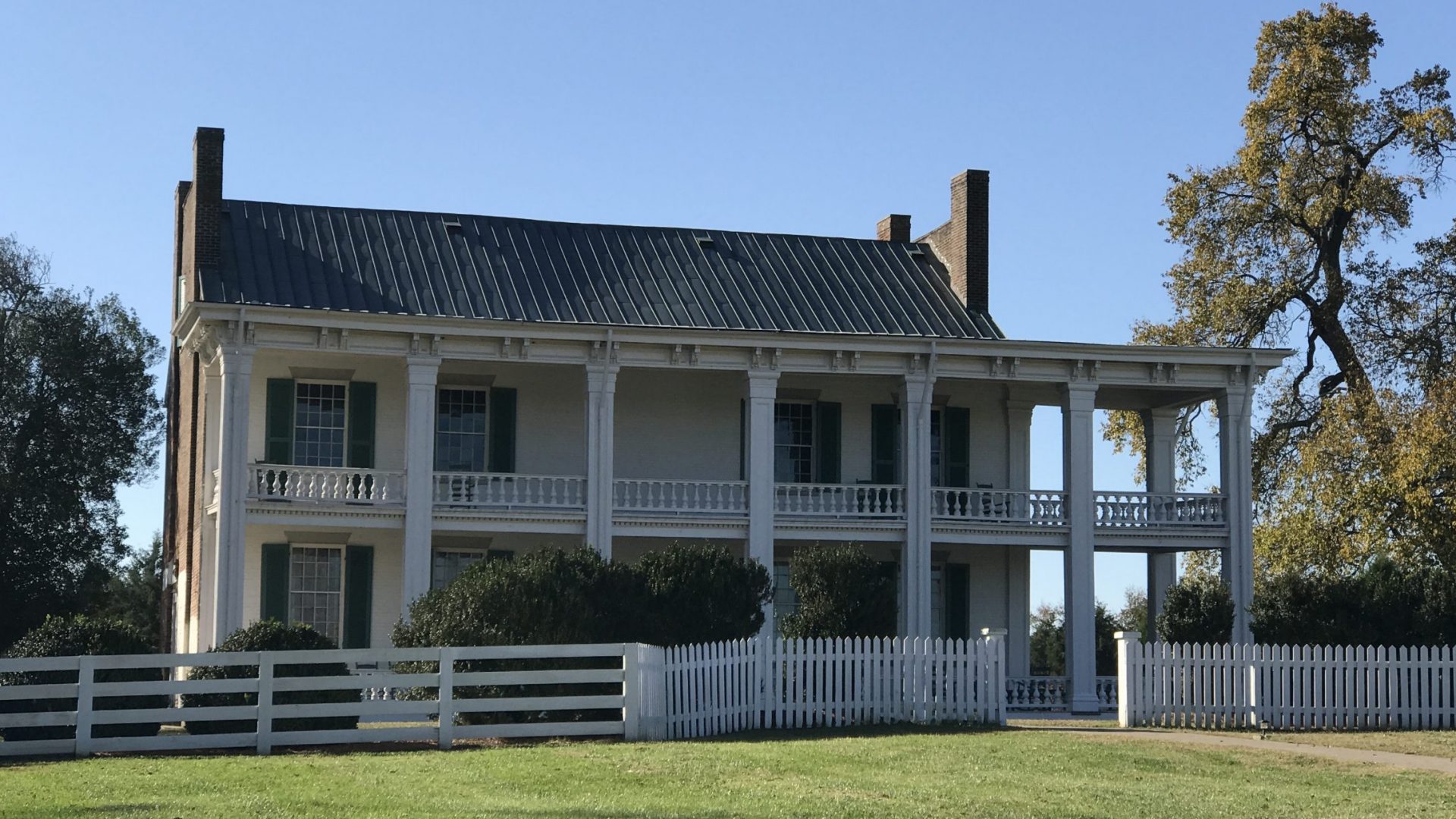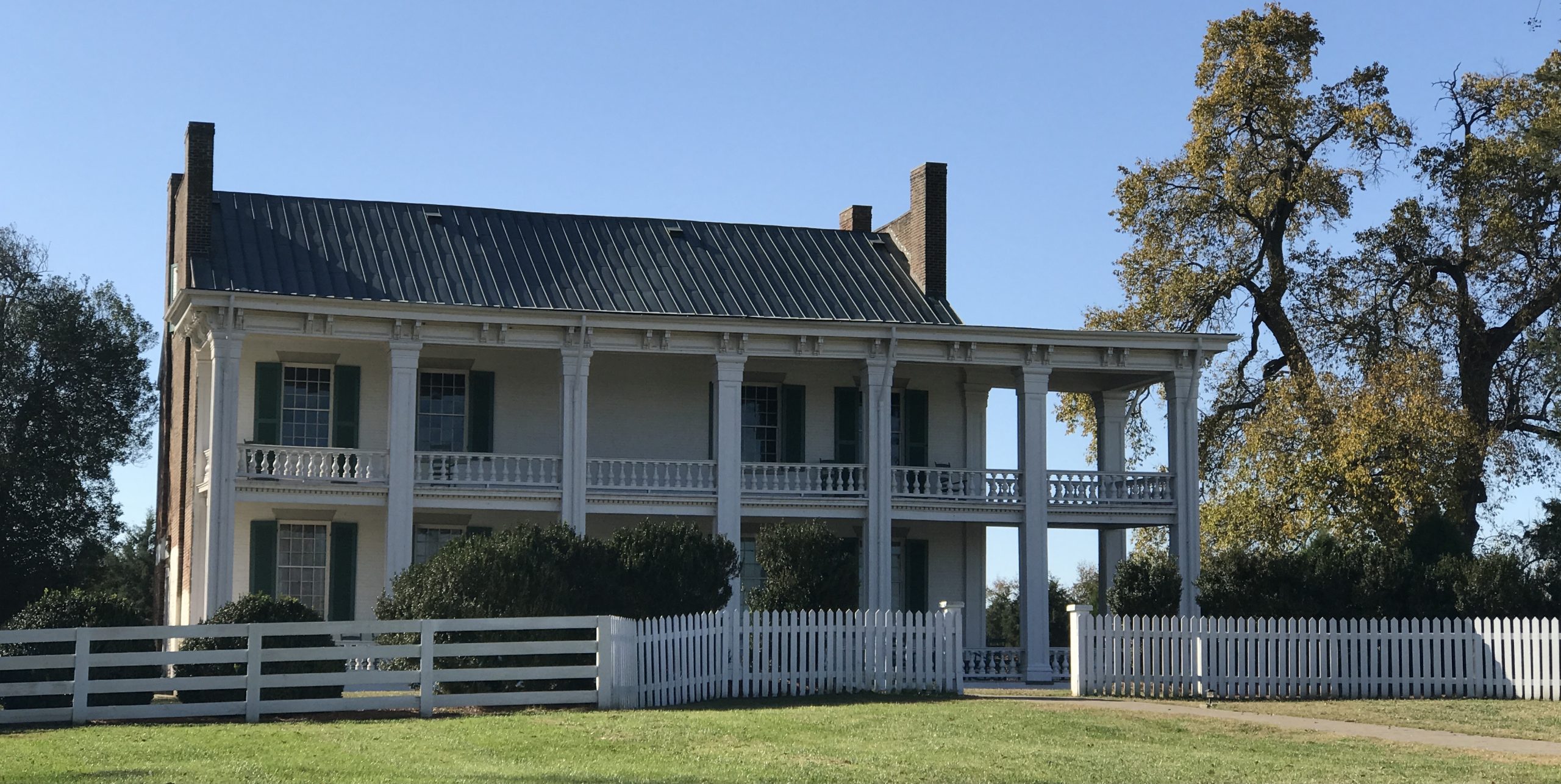We’ve all read about the bloodiest day in the American Civil War. It was September 17, 1862 when 23,000 soldiers were killed, wounded or missing at the Battle of Antietam or is it the Battle of Sharpsburg?
How about the very first major battle of the Civil War fought July 21, 1861. The Union army was trounced by Confederate troops at the First Battle of Bull Run, or was it the Battle of First Manassas?
Why are some Civil War battles referred to by different names?

Civil War historians seem to agree on a general theory. Union Civil War soldiers were thought to have come from more populated, urban areas. They genuinely admired the beauty of the South, its glorious mountains, valleys and rivers. So northern soldiers referred to battles they fought in by the name of a nearby river, creek or natural landmark. For example: Antietam is the name of a creek and Bull Run a tributary stream of the Potomac River.
Now Confederate soldiers on the other hand, were thought to come from more rural areas, used to nature’s wonders and were far more impressed with cities or nearby structures. They usually referred to battles accordingly. Like Sharpsburg or Manassas, both neighboring towns close to where those battles were fought.
We still find those double-names used today. Most Civil War battles are referred to by the name the northerners placed on that battle but in some cases the commonly used name comes from the battle’s victor. The National Park Service has used a battle’s southern name for National Parks located in the South. In many respects the name you use to refer to a Civil War battle may be determined simply by which side of the Mason-Dixon Line you live today.
The confusion over a battle being referred to by two different names is not as uncommon as one might think. Not unique to the Civil War, it’s happened several times through history. In 1866 the war between Prussia and Austria produced battles with different names according to which side was reporting. 1870 saw a war between France and Germany which produced double-named battles. During World War I, the French and Germans had differing names for the same battle, and the famous Battle of Waterloo is known by that name to English speaking people but the French call it Battle of La Belle Alliance. So double-named battles have been known throughout history it’s just that the American Civil War has a number of them.


